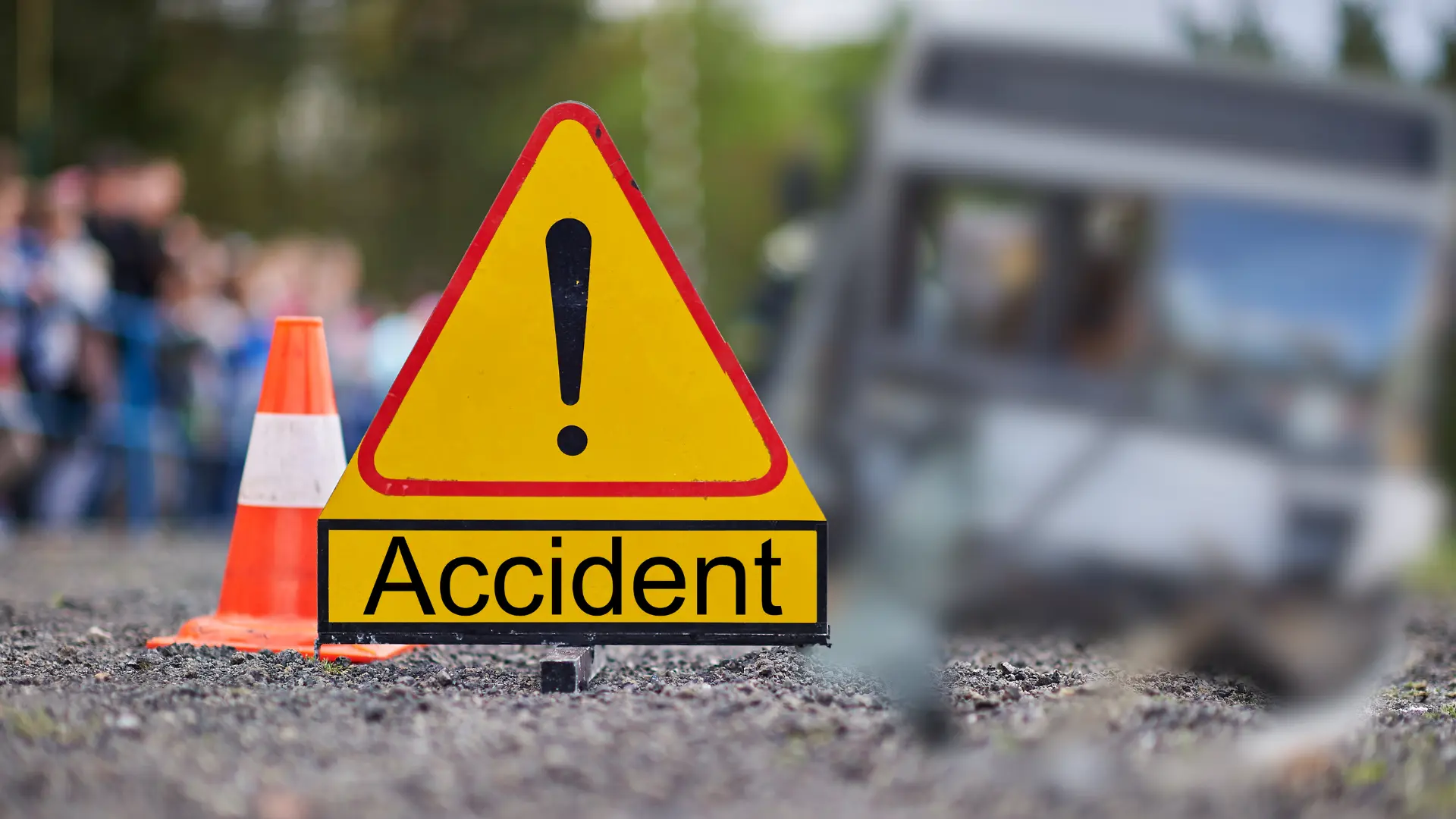Iran Bus Crash Kills 28 Pakistani Pilgrims
In a tragic incident that has shaken both Iran and Pakistan, a bus carrying Pakistani pilgrims overturned in the central Iranian province of Yazd, resulting in the death of at least 28 passengers. The bus was en route from Sindh province in Pakistan to the holy city of Karbala in Iraq when it met with the fatal accident.
Defective Braking System Leads to Disaster
The crash, which occurred due to a defective braking system, has raised serious concerns about the safety standards of vehicles transporting pilgrims. The accident took place in front of the Dehshir-Taft checkpoint, where the bus lost control and ultimately overturned, catching fire in the process.
Casualties and Injuries
While 28 passengers tragically lost their lives, another 23 were injured, with seven of them reported to be in critical condition. The injured are receiving treatment in nearby hospitals, and the medical teams are working tirelessly to save as many lives as possible.
Pilgrims’ Journey to Karbala
The pilgrims were part of a larger group traveling to Karbala, Iraq, for the Arbaeen pilgrimage. Arbaeen marks the end of a 40-day period of mourning for Imam Hussein, a highly revered figure in Shia Islam. This journey holds immense spiritual significance for the pilgrims, who often travel long distances under challenging conditions to reach the holy city.
Immediate Response from Pakistani Authorities
In response to the incident, Pakistan’s President Asif Ali Zardari has mobilized the foreign ministry to ensure that the bodies of the deceased are repatriated as swiftly as possible. The Pakistani consulate in Iran has also been instructed to assist in recovery efforts and provide support to the injured and their families.
Support and Aid for the Victims
The Pakistani government is coordinating with Iranian authorities to facilitate the repatriation of the bodies and the treatment of the injured. The consulate is actively involved in ensuring that the victims receive the necessary medical attention and that their families are informed and supported during this difficult time.
The Broader Implications
This tragic incident has sparked a broader discussion about the safety of transportation for pilgrims, particularly in regions with challenging terrain and infrastructure. The defective braking system in the bus highlights the need for stricter regulations and oversight in the maintenance of vehicles used for such critical journeys.
Calls for Stricter Safety Measures
The crash has led to calls for stricter safety measures and better maintenance of vehicles transporting pilgrims, especially during religious events like Arbaeen, where large numbers of people are on the move. Ensuring that all vehicles are in proper working condition before embarking on such journeys could prevent future tragedies.
Reactions from the International Community
The international community has expressed condolences to the families of the victims and has called for an investigation into the accident. There is a growing consensus that more needs to be done to protect the safety and well-being of pilgrims traveling long distances for religious purposes.
Iran’s Role in the Investigation
Iranian authorities have launched an investigation into the crash, focusing on the bus’s mechanical issues and the circumstances leading up to the accident. The investigation’s findings will likely influence future policies on transportation safety within the country.
Pilgrimage in the Time of Crisis
The incident has also highlighted the risks associated with religious pilgrimages, particularly in regions where infrastructure may not be fully equipped to handle the influx of travelers. The safety of pilgrims must be a top priority for all countries involved in facilitating these journeys.
The Importance of Arbaeen
For many Shia Muslims, Arbaeen is one of the most important religious observances, and the journey to Karbala is a deeply personal and spiritual experience. The loss of life in this tragic accident is felt deeply within the community, and the event has cast a shadow over the pilgrimage.
Moving Forward: Lessons Learned
As the investigation continues and the recovery efforts are underway, it is essential to reflect on the lessons learned from this tragedy. Improving transportation safety, ensuring proper vehicle maintenance, and providing adequate support for pilgrims are crucial steps in preventing such incidents in the future.
A Call for Global Attention
This incident serves as a reminder of the need for global attention to the safety and well-being of religious pilgrims. Governments, religious organizations, and transportation companies must work together to ensure that such journeys are conducted safely and that the risks are minimized.
The bus crash in Iran that claimed the lives of 28 Pakistani pilgrims is a tragic event that underscores the importance of transportation safety, particularly for those undertaking religious pilgrimages. As families mourn their loved ones and the injured continue to fight for their lives, the international community must rally together to ensure that such a tragedy never happens again.




